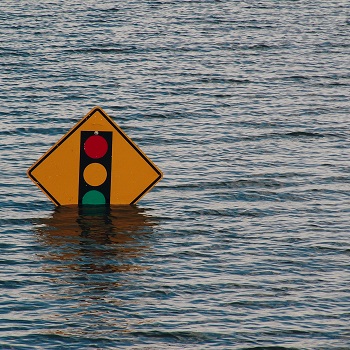Off to See the Wizard: Creating EU Foreign Policy
Readers may recall the refrain of Dorothy’s three friends in the Wizard of Oz: “If I only had a brain”, “if I only had a heart”, “if I only had courage . . .” Three wishes which maybe sum up Herman Van Rompuy’s comments this week on Europe’s struggle to make its mark in the world.
The Council president was reporting to the European Parliament on the September European Council. He spoke of the perception when he came to office that the EU was sidelined, that the economic strength of emerging countries was transforming into real political power (at Europe’s expense) and – by implication – that the member states were not doing their bit to create an effective external relations policy. “We have strategic partners” he said “but we need more strategy”.
Just to fuel his frustration was the UN refusal to grant the EU the right to full participation at the UN. On September 14 a resolution which would have allowed High Representative Baroness Ashton to speak at the General Assembly was rejected by 76 votes to 71 in the UN, with 26 abstentions – a bitter blow when everyone thought that the resolution was in the bag in advance of this major session.
The EU must thus be content with its simple observer status in the UN, alongside the Vatican, the Red Cross and other institutions, with the country presidency (currently Belgium) continuing to speak on behalf of the EU. Particularly galling is the fact that Europe is such a key contributor to UN assistance programmes.
So what does Europe need to become an effective player on the global stage? Brain, heart and courage, no doubt.
The brains which the European External Action Service (EEAS) should provide are not yet fully engaged. It seems that the background preparation on crucial issues is not as thorough as it should be.
The EEAS is busy recruiting staff. A first round of ambassadorial appointments has now been made, with the nomination of 28 people, of whom 12 have been recruited from national foreign ministries and 16 from the Commission. Seven are women and four come from the “new” member states – a level of gender and geographic representation which has led to protests in the Parliament. A second round of applications is now under way. It is difficult to see full policy input until nomination of senior staff has been completed, and the December 1 deadline for launch is still in doubt.
The heart of an effective EU foreign policy is the commitment of the member states. Van Rompuy is striving to strengthen common positions, for instance in relation to China whose foreign minister visits Brussels soon “We will not speak just for ‘Brussels’, we can also speak on behalf of the 27” the president told the Parliament. Iran’s nuclear programme and the Pakistan disaster were other cases where a European voice was effective. “We can only be credible and strong if we are united”.
He also referred to President Sarkozy’s commitment to bring more dynamism to the G20 when he takes over the chair later this autumn – one of the more positive comments on the French leader arising from the Council!
As for courage, that must speak to Europe’s capacity to take difficult decisions, which may include tough love. Intense pressure was applied to Serbia on the status of Kosovo, which led to the Serbian government accepting a UN resolution advocating dialogue, which will be facilitated by the EU. The choice was between a hardline standoff on the one hand and the path to EU membership on the other. Serbia chose the EU.
It’s too early to say how far Van Rompuy’s leadership can galvanise the member states to construct and accept common European positions on foreign policy, allowing their particular interests to be merged into a European interest, but he does at least provide a long-term commitment and a sense of direction which six month presidencies could never do. There is also a growing sense that Baroness Ashton is not doing a bad job, with Serbia-Kosovo her next big challenge.
Find Out More
-
Why Europe needs a water resilience strategy
February 8, 2024
-
Why the EU can’t risk failure at COP27
November 4, 2022


